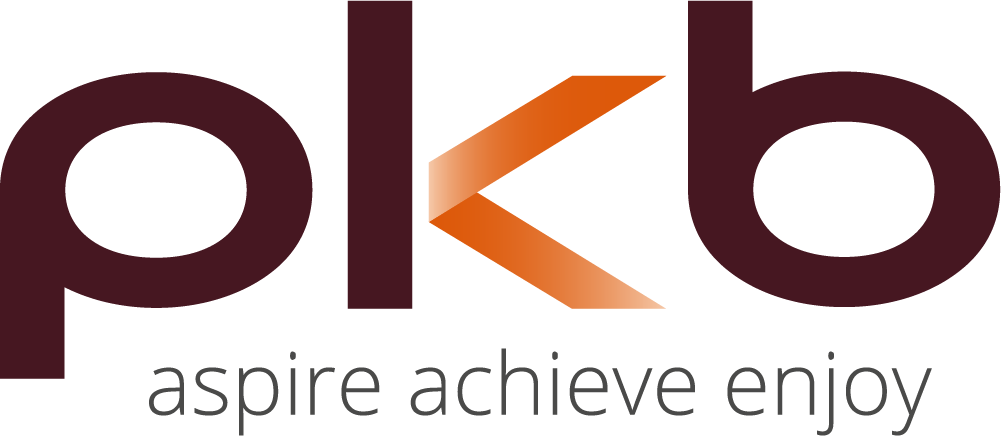The threshold at which workers start to pay National Insurance contributions (NICs) will increase to £12,570 this month.
This is the largest increase in a basic rate threshold, and it means that workers will be able to earn an extra £2,690 before having to pay NICs.
The change also brings the NIC and income tax payment thresholds in parity for the first time.
According to the Treasury, the change equates to a tax saving of over £330 for a “typical employee” and will benefit almost 30 million workers.
When Chancellor Rishi Sunak announced the shake-up in the Spring Statement 2022, the NIC threshold was £9,568. This then rose to £9,880 at the start of the 2022/23 financial year.
Most individuals will now pay less National Insurance in spite of the increase in rates by 1.25 percentage points.
According to the Government, 70% of those who pay NICs will pay less starting from July, while 2.2 million people will be taken out of paying NICs altogether.
Consumer website Money Saving Expert said those earning under £30,000 will pay less National Insurance compared with 2021/22.
If you have any questions about the increase or National Insurance in general, please get in touch with PKB and we’ll be more than happy to help.
To read news and blogs from Rebecca Austin, click here >>

